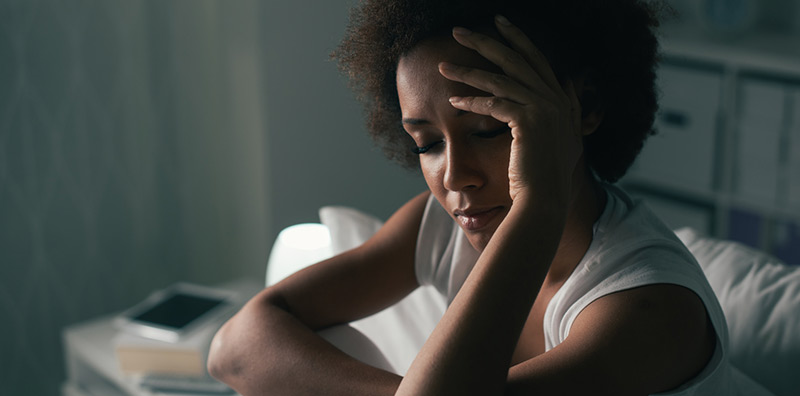
12:53 25th February 2018 | Depression & Psychosis
1st March SIAD Self Injury Self Harm Life Style Behaviour Addictions Disorders Depression Psychosis
There is a reason this day exists and it is important to know why.
The Date
The 1st of March is Self-injury Awareness Day (SIAD) and it is observed worldwide, every year. On Self-injury Awareness Day (SIAD) people are encouraged to:
Those supporting the cause can wear an orange ribbon.
The Objective
There is a stigma attached to self-injury that this day hopes to address. So, annually on the 1st of March, people join efforts all around the world to:
What is Self-injury or Self-harm?
To self-harm is to hurt or injure oneself deliberately (usually without suicidal intentions) and there is usually a reason behind it.
Harm is inflicted in the form of intentional body tissue damage to, for example, the wrists, arms, thighs and stomach, by:
The aim of awareness is to determine and understand the reasons for self-injury and to do something about it.
Why Do People Self-harm?
Many reasons have been identified as the cause of self-harm and most of them are connected to unhappy emotions and thoughts. It has been described as a 'physical expression of emotional distress' which could be an indication of a psychological or psychiatric disorder.
Groups thought to be most vulnerable to self-harm include:
Trying to Understand Self-injury
Unfair and ungrounded judgement is often caused by lack of understanding. When we cannot empathise with or understand the emotions and behaviours of others we tend to ignore, fear or judge them. Unfortunately it is human nature to react this way, but by becoming more aware we can change this.
The challenge lies in opening ourselves up to what others perceive as normal and finding a way to relate.
Consider the fact that different people do different things to express or deal with many different types of emotions. Some abuse alcohol or drugs; others turn to food for comfort; many even engage in acts of a sexual nature. Lifestyle behaviours can quickly turn into addictions and disorders when not addressed, some with more dangerous consequences than other.
How Can You Help
It is never too late to care, whether you get involved at the prevention or intervention stage. We have to work together to remove the stigma attached to self-harm AND the stigma attached to the causes, whether it is depression, psychosis or psychotic depression.
Everyone – including parents, family members, educators and healthcare professionals – needs to familiarise themselves with the signs of self-harm in order to recognise them and determine a cause of action to assist in the appropriate way.
Signs and symptoms may include:
All attempts at helping should be grounded in NON-JUDGEMENTAL SUPPORT which includes helping affected individuals address and deal with the underlying causes of the self-injury.
THE WORLD NEEDS TO UNITE TO FIGHT THE TABOO AGAINST DEPRESSION AND PSYCHOSIS
WOULD YOU LIKE TO TALK TO SOMEONE ABOUT SELF-INJURY?
DO YOU KNOW SOMEONE WHO NEEDS HELP?
Please don’t hesitate to get in touch for guidance and advice.
Email: enquiries@thebridgeclinic.com
Call: 01 631 0092 / +234 (0)1 631 0092
Visit: 66 Oduduwa Way, Ikeja GRA
DON’T MISS IMPORTANT AND RELEVANT HEALTH-RELATED UPDATES
Sign up to receive our monthly mailers.
Search by condition, treatment or keyword and conveniently browse our informative articles
Book an appointment online or search for a clinic close to you.
Book an Appointment